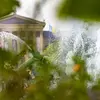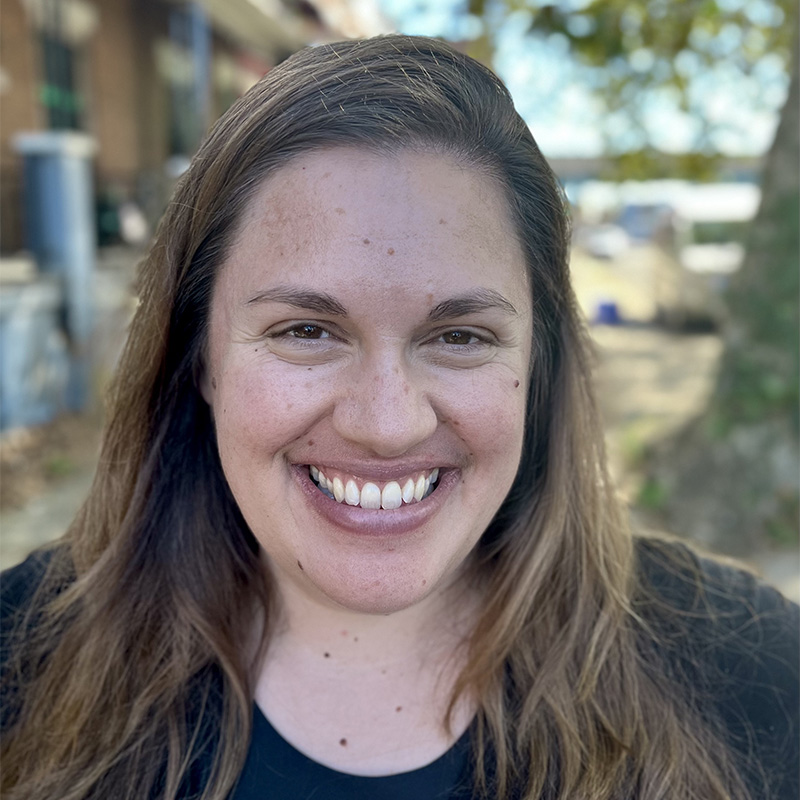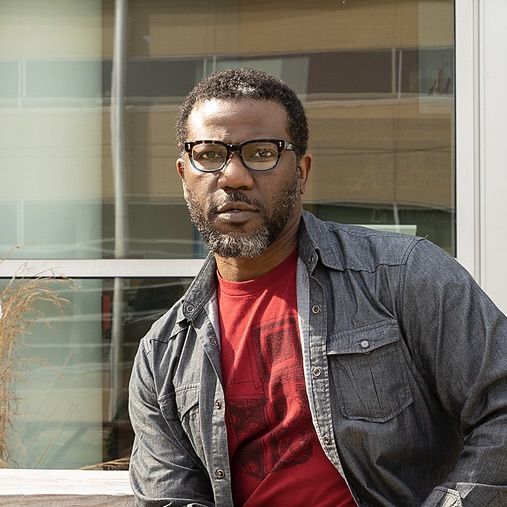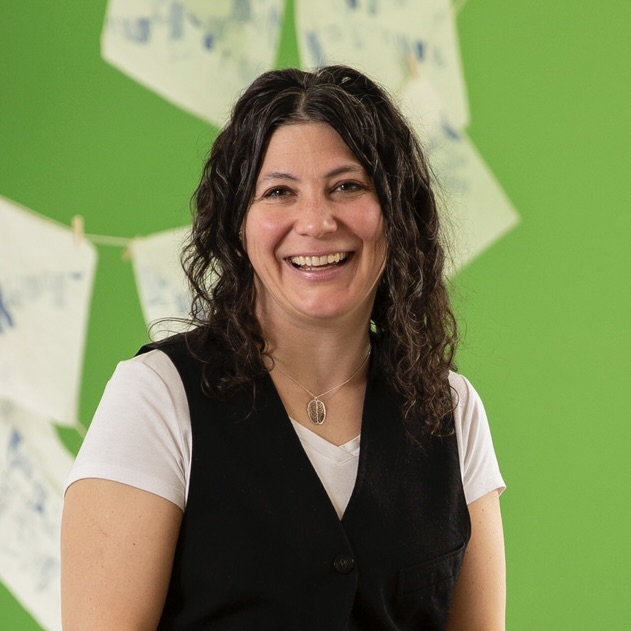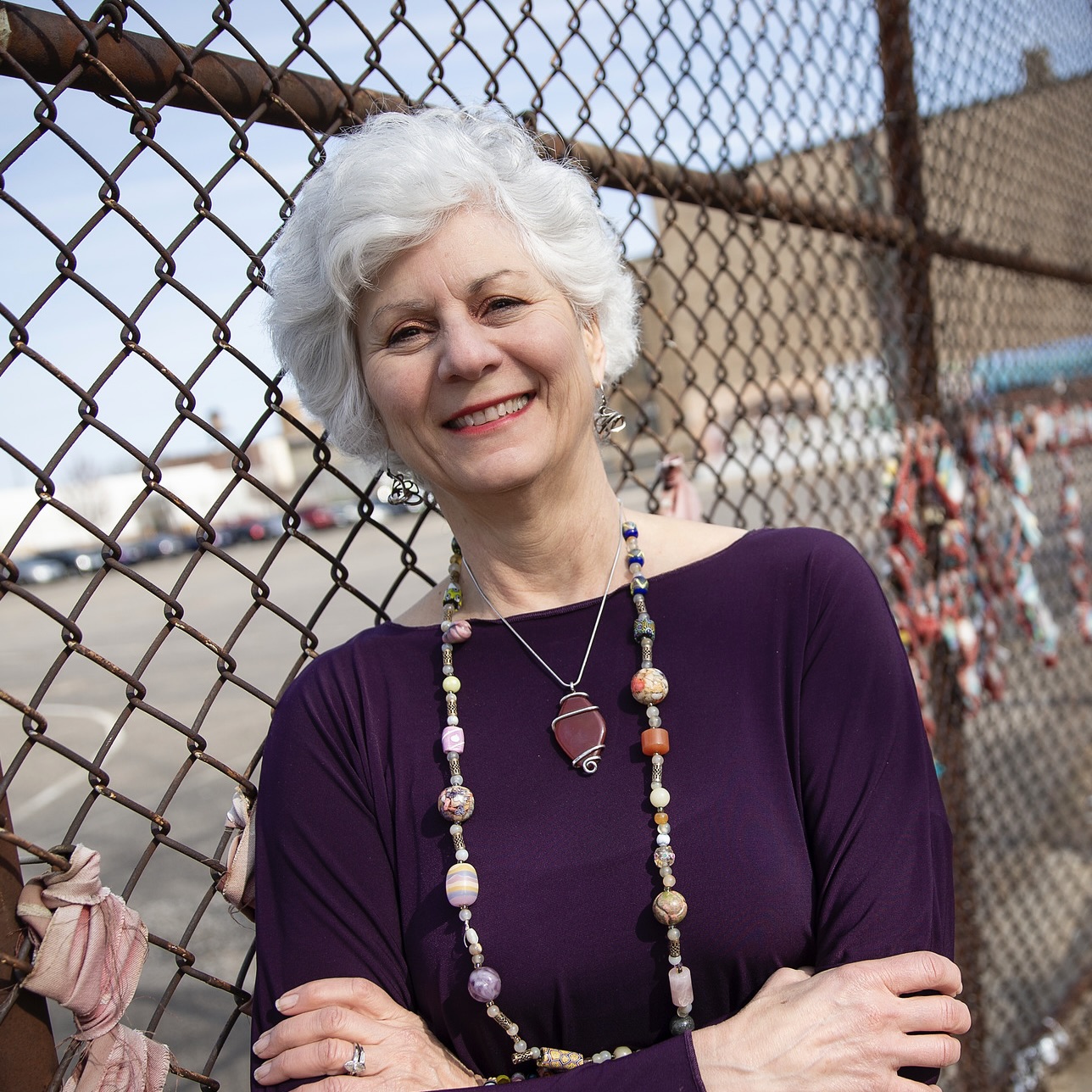Throughout the program, you complete several types of field placements, mentored by an art teacher from our vast network. These experiences teach you valuable classroom management, organizational skills and pedagogy and build strong relationships with students and the community.
For example, Tyler places you with an art teacher one day a week for a semester where you shadow and assist in an art classroom.
During your final semester, you complete your full-time student teaching placement under the tutelage of one of our cooperating teachers. This opportunity gives you the chance to take over the classroom and teach lessons you develop for the entire semester.








